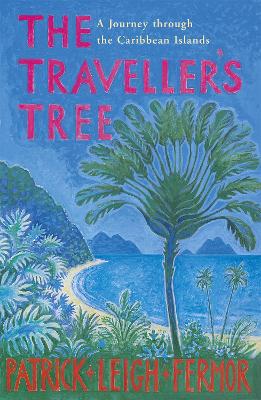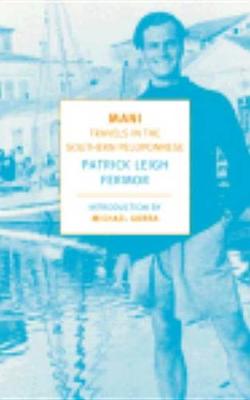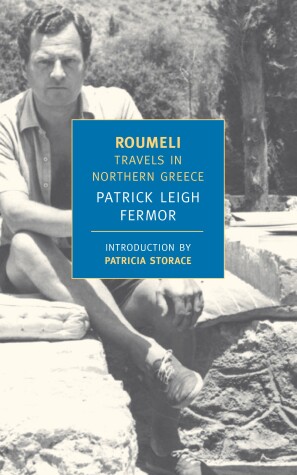New York Review Books Classics
5 total works
In this, his first book, Patrick Leigh Fermor recounts his tales of a personal odyssey to the lands of the Traveller's Tree - a tall, straight-trunked tree whose sheath-like leaves collect copious amounts of water. He made his way through the long island chain of the West Indies by steamer, aeroplane and sailing ship, noting in his records of the voyage the minute details of daily life, of the natural surroundings and of the idiosyncratic and distinct civilisations he encountered amongst the Caribbean Islands.
From the ghostly Ciboneys and the dying Caribs to the religious eccentricities like the Kingston Pocomaniacs and the Poor Whites in the Islands of the Saints, Patrick Leigh Fermor recreates a vivid world, rich and vigorous with life.
Roumeli is not to be found on present-day maps. It is the name once given to northern Greece—stretching from the Bosporus to the Adriatic and from Macedonia to the Gulf of Corinth, a name that evokes a world where the present is inseparably bound up with the past.
Roumeli describes Patrick Leigh Fermor’s wanderings in and around this mysterious and yet very real region. He takes us with him among Sarakatsan shepherds, to the monasteries of Meteora and the villages of Krakora, and on a mission to track down a pair of Byron’s slippers at Missolonghi. As he does, he brings to light the inherent conflicts of the Greek inheritance—the tenuous links to the classical and Byzantine heritage, the legacy of Ottoman domination—along with an underlying, even older world, traces of which Leigh Fermor finds in the hills and mountains and along stretches of barely explored coast.
Roumeli is a companion volume to Patrick Leigh Fermor’s famous Mani: Travels in the Southern Peloponnese.
The acclaimed travel writer's youthful journey - as an 18-year-old - across 1930s Europe by foot began in A Time of Gifts, which covered the author's exacting journey from the Lowlands as far as Hungary.
Picking up from the very spot on a bridge across the Danube where his readers last saw him, we travel on with him across the great Hungarian Plain on horseback, and over the Romanian border to Transylvania.
The trip was an exploration of a continent which was already showing signs of the holocaust which was to come. Although frequently praised for his lyrical writing, Fermor's account also provides a coherent understanding of the dramatic events then unfolding in Middle Europe. But the delight remains in travelling with him in his picaresque journey past remote castles, mountain villages, monasteries and towering ranges.
The concluding part of the trilogy was published in September 2013 as The Broken Road.



